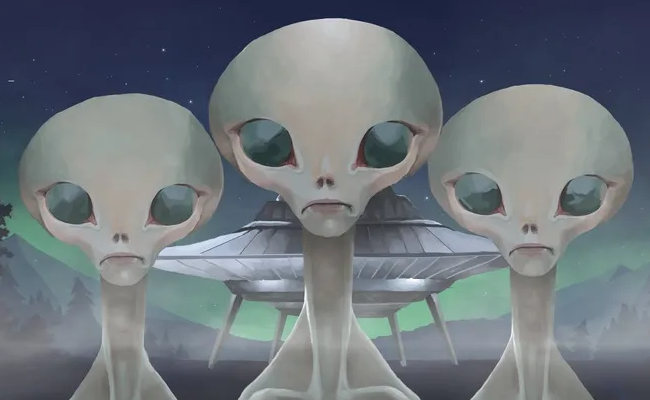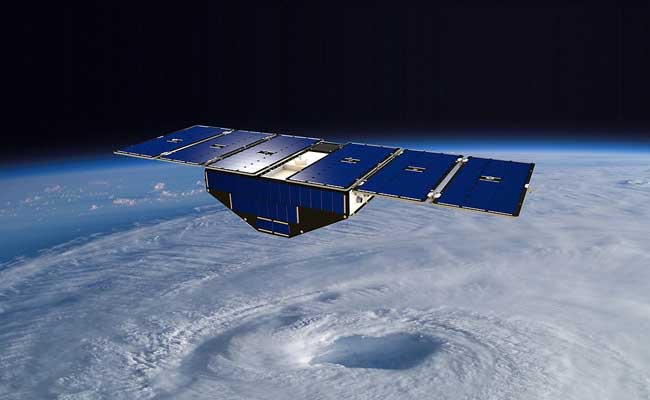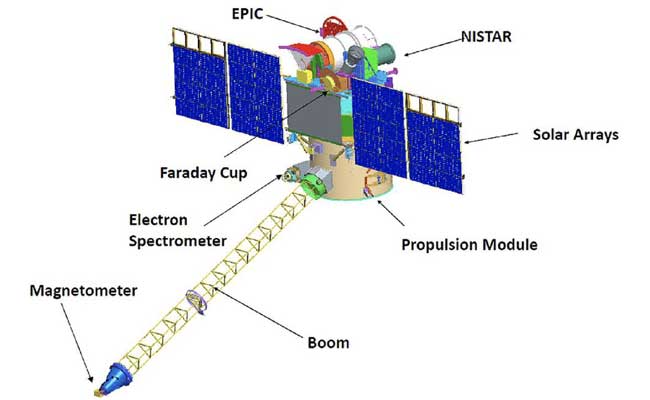Aliens, Extraterrestrial Lifeforms, and Mutants in Science Fiction: A Look at the Imagined and the Possible
Science fiction has long been fascinated with the idea of life beyond our planet, with writers and filmmakers imagining a vast array of alien, extraterrestrial and mutant species that populate the cosmos. In this article, we will explore some of the most popular examples of these creatures in science fiction, their impact on popular culture, and the scientific possibilities of their existence.
Aliens in Science Fiction
One of the most popular and enduring concepts in science fiction is the idea of aliens, beings from other planets that may look and act very different from us. From H.G. Wells’ War of the Worlds to the Star Wars franchise, aliens have been a staple of science fiction storytelling.
The impact of aliens on popular culture has been significant, with many people fascinated by the idea of intelligent life beyond our planet. The possibility of encountering aliens has even been the subject of scientific study, with the SETI (Search for Extraterrestrial Intelligence) Institute actively searching for signals from other worlds.
While the existence of extraterrestrial life is still uncertain, recent scientific discoveries have increased the possibility of finding it. The discovery of exoplanets, planets that orbit stars other than our own, has led scientists to believe that there may be billions of planets in our galaxy alone that could support life. The discovery of organic compounds on Mars has also fueled speculation that life may exist or have existed on the Red Planet.
Extraterrestrial Lifeforms in Science Fiction
In addition to aliens, science fiction has also explored the idea of extraterrestrial lifeforms, creatures that may exist in environments vastly different from our own. From the acid-blooded Xenomorphs of the Alien franchise to the giant sandworms of Dune, extraterrestrial lifeforms have been imagined in many different forms.
While the possibility of finding extraterrestrial life is still uncertain, scientists have discovered extremophiles, organisms that can survive in extreme environments, on Earth. These include organisms that can survive in boiling hot springs, freezing temperatures, and even in the vacuum of space. These discoveries have led scientists to believe that life may exist in some of the most hostile environments in the universe.
Mutants in Science Fiction
Science fiction has also explored the idea of mutations, genetic changes that may result in the development of new traits or abilities. From the X-Men comics to the dystopian world of The Hunger Games, mutants have been a popular trope in science fiction.
While the idea of mutations resulting in superpowers may seem far-fetched, there are examples of mutations resulting in advantageous traits in the natural world. For example, the ability to digest lactose in adulthood is a mutation that occurred in some human populations and has resulted in an evolutionary advantage.
The Impact of Aliens, Extraterrestrial Lifeforms, and Mutants on Popular Culture
Aliens, extraterrestrial lifeforms, and mutants have had a significant impact on popular culture, inspiring and influencing the development of new technologies and inventions. For example, the idea of extraterrestrial life has inspired the development of telescopes and spacecraft designed to search for signs of life beyond our planet.
In addition to inspiring scientific research, aliens, extraterrestrial lifeforms, and mutants have also influenced popular culture in many other ways. From action figures and toys to video games and movies, these creatures have become popular subjects of entertainment and merchandising.
The Potential for the Existence of Aliens, Extraterrestrial Lifeforms, and Mutants
While the existence of aliens, extraterrestrial lifeforms, and mutants may seem like far-off possibilities, scientists are actively searching for evidence of their existence.
![]()





